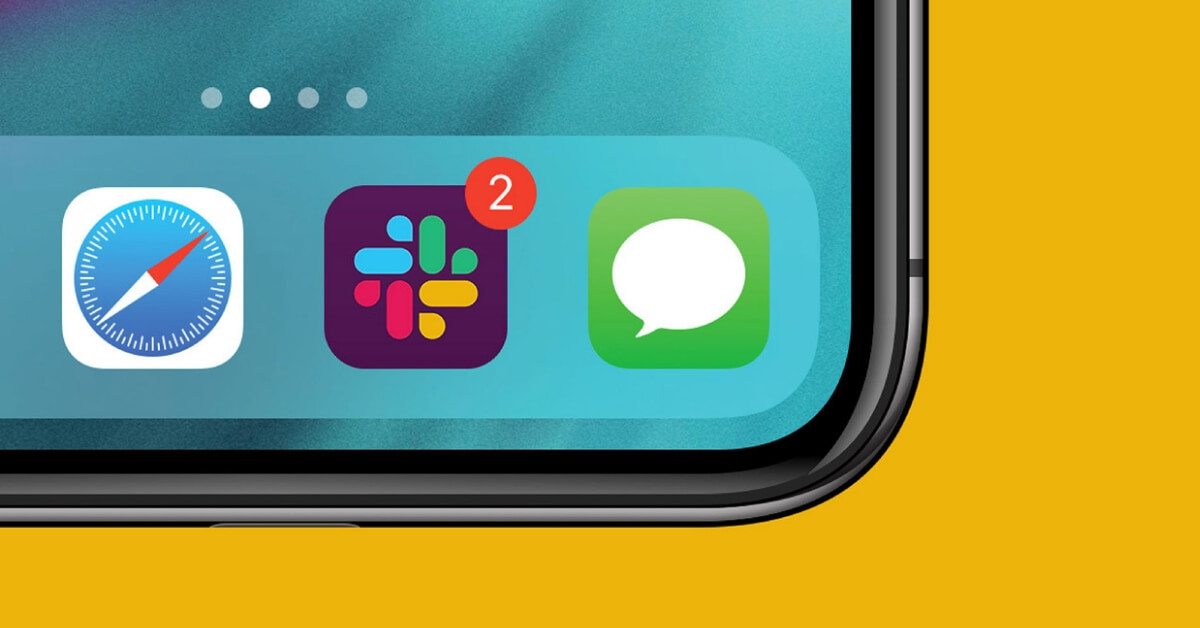Slack, the chat company used at workplaces for work and business related discussions, recently banned 28 accounts having an affiliation with what they call “hate groups”, but didn’t provide any more information about what kind of groups.
Through their announcement post, Slack said it caught hold of accounts and banned them. Slack is not the first company to ban people/accounts based on “hate speech”. Discord, a popular alternative to Slack has also banned several servers promoting “hate speech” in 2017.
Based on the most recent legal investigations into tech companies, lawyers have been able to successfully argue cases of free speech against tech giants such as Twitter and Facebook. However, reading through depositions, it’s often been assumed that private conversations between private individuals within smaller group chats wouldn’t be something that would ever face any challenges by tech companies as they’re acting purely as platforms, such as a phone company or internet provider.
Discord and Slack’s recent banning of users for private conversations in groups sets a new precedent and it will be interesting to see how it plays out when Section 230 of the Communication Decency Act of 1996 will be discussed at length again due to upcoming lawsuits in 2019.
Slack and Discord haven’t been the only companies to ban accounts over so-called “hate speech”. Facebook, Google, Reddit, YouTube, and some more companies have banned several users/accounts on grounds of hate speech – but these are much wider companies where conversations are published outwardly to the public – something that Slack doesn’t do.
Here’s Slack’s statement on the issue:
“Today we removed 28 accounts because of their clear affiliation with known hate groups. The use of Slack by hate groups runs counter to everything we believe in at Slack and is not welcome on our platform. Slack is designed to help businesses communicate better and more collaboratively so people can do their best work. Using Slack to encourage or incite hatred and violence against groups or individuals because of who they are is antithetical to our values and the very purpose of Slack. When we are made aware of an organization using Slack for illegal, harmful, or other prohibited purposes, we will investigate and take appropriate action and we are updating our terms of service to make that more explicit.”













